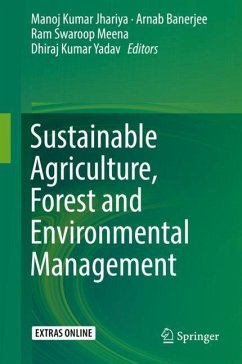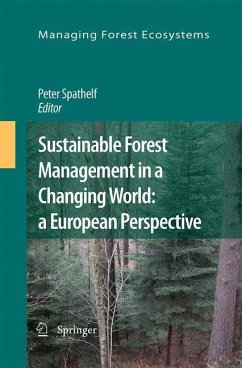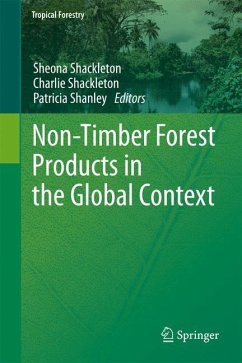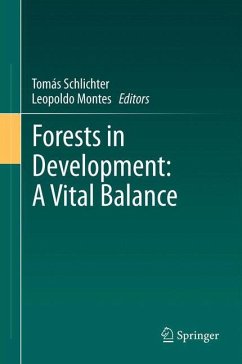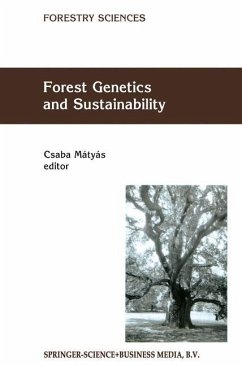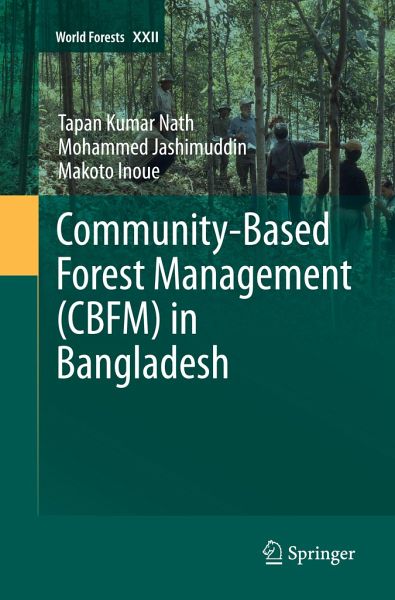
Community-Based Forest Management (CBFM) in Bangladesh
Versandkostenfrei!
Versandfertig in 6-10 Tagen
76,99 €
inkl. MwSt.
Weitere Ausgaben:

PAYBACK Punkte
38 °P sammeln!
The book is immensely beneficial to the readers to have a clear understanding of various CBFM practices prevailing in Bangladesh.Providing a comprehensive and critical analysis of success stories concerning several CBFM practices in different forest areas of Bangladesh, together with their respective strengths and weaknesses, it identifies sharing authority to take decision by the community as one of the main weaknesses. The other main weakness is the lack of beat level authority to coordinate with community for making the process vibrant. The book determines that it is the community patrol gr...
The book is immensely beneficial to the readers to have a clear understanding of various CBFM practices prevailing in Bangladesh.Providing a comprehensive and critical analysis of success stories concerning several CBFM practices in different forest areas of Bangladesh, together with their respective strengths and weaknesses, it identifies sharing authority to take decision by the community as one of the main weaknesses. The other main weakness is the lack of beat level authority to coordinate with community for making the process vibrant. The book determines that it is the community patrol group which is most effective under the co-management system, yet the general body and executive committee of the co-management system are composed of different stakeholders, each of which is subject to their own work pressures, and are not as effective as claimed. There is a need to empower communities living in and around forests, and to create ownership of the forests so that theycan feel that the forests around them are by the community and for the community.



